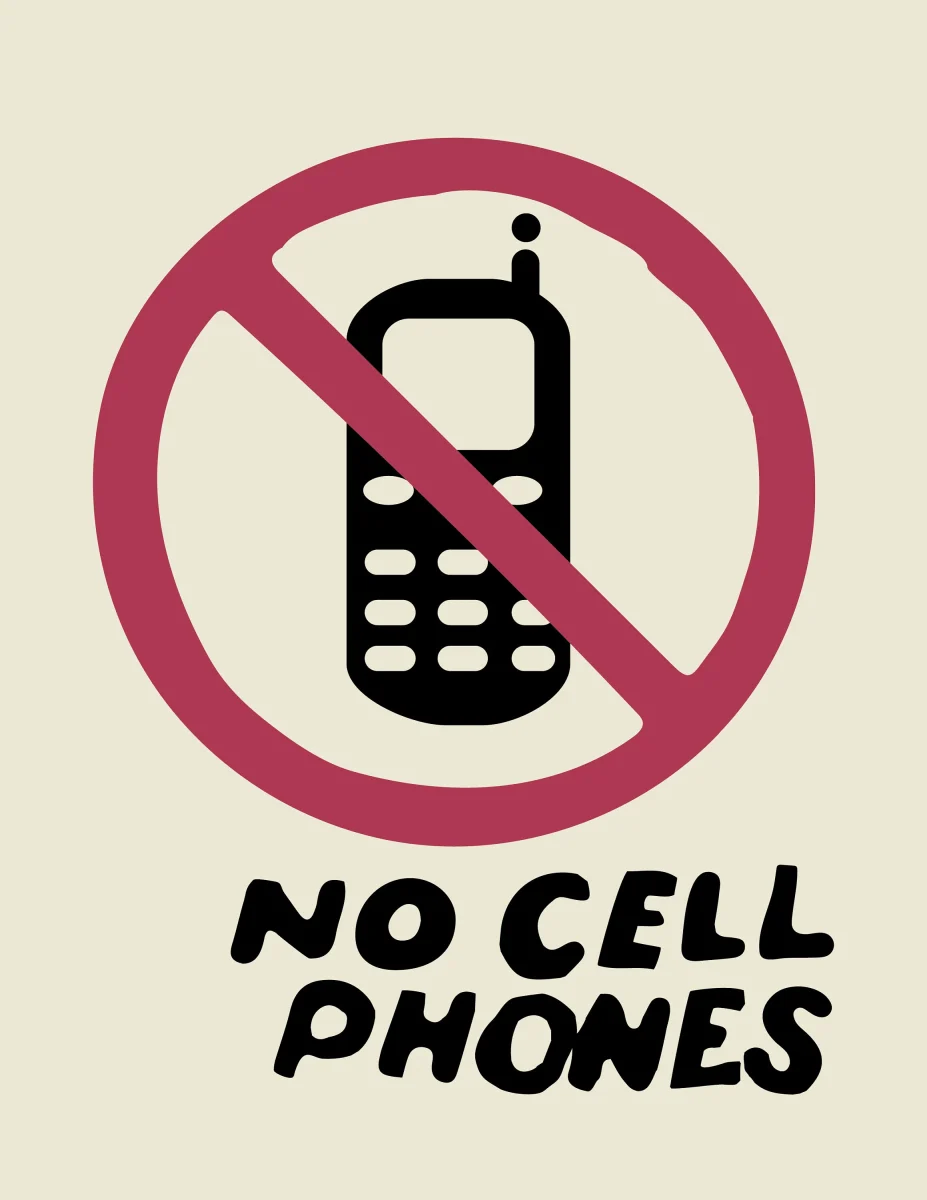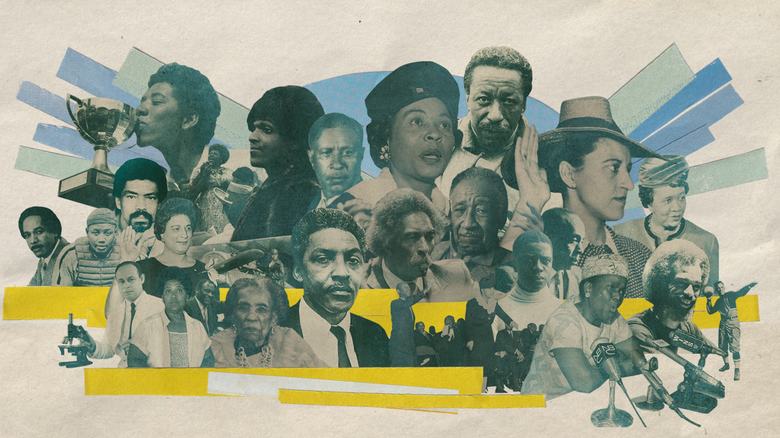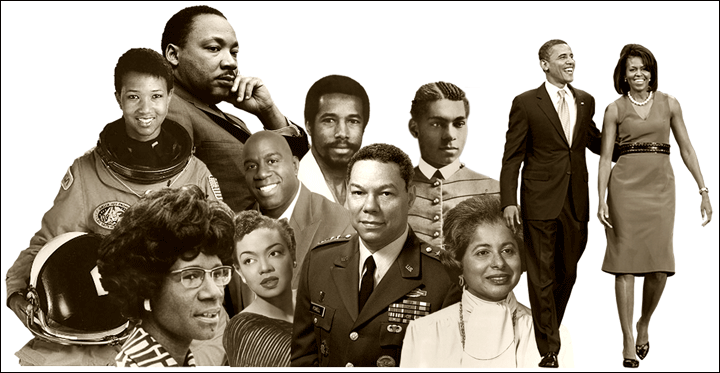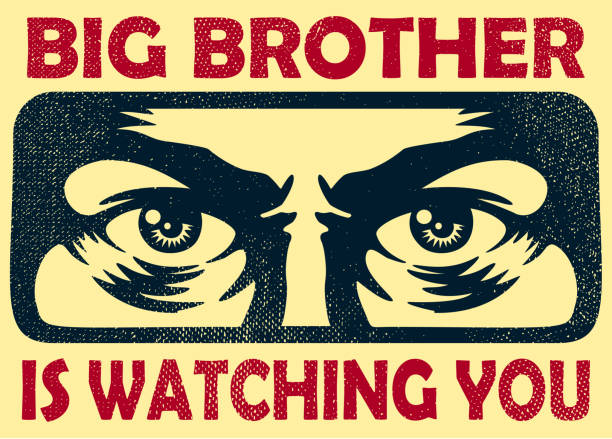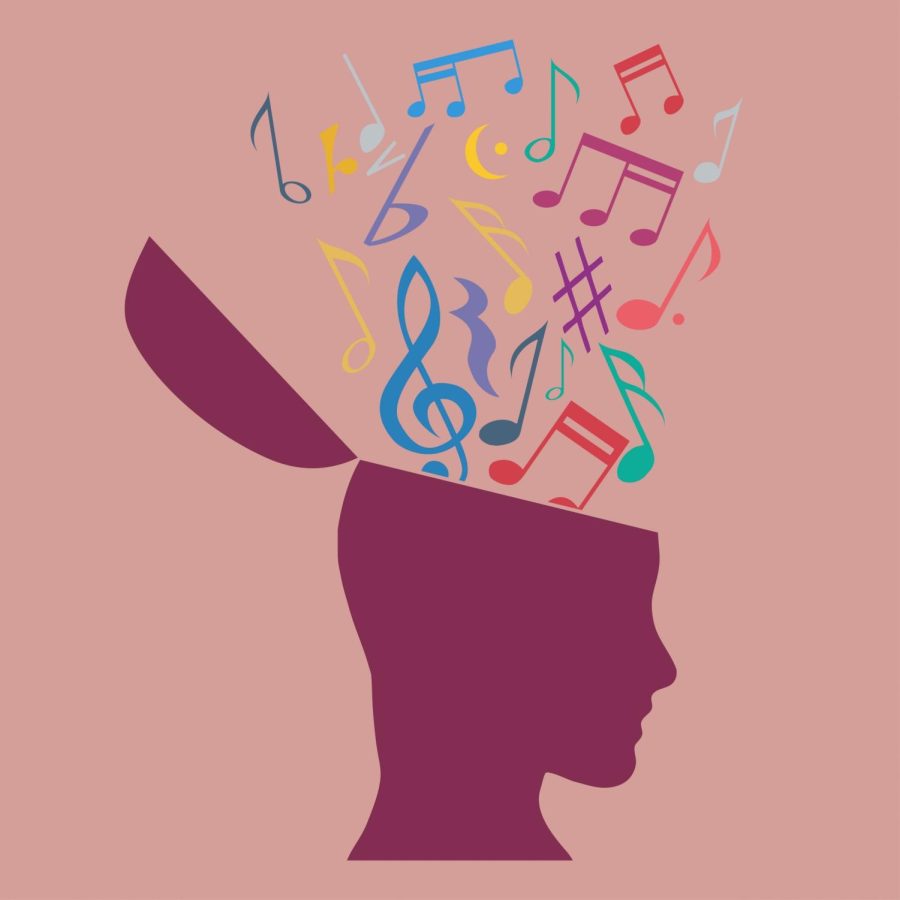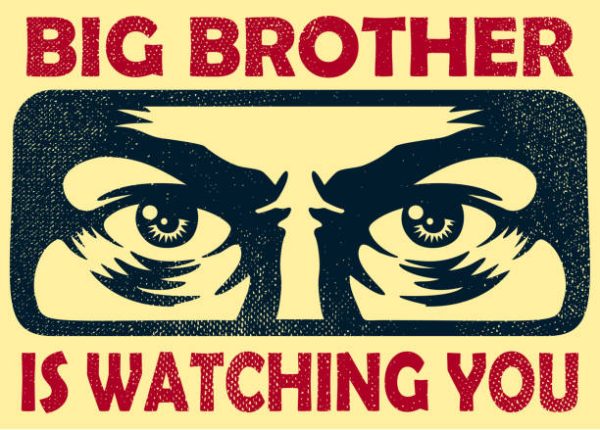The Benefits of Music
Do you enjoy listening to music? Evidently, one of the most calming forms of relaxation is music. To unwind, you can listen to any genre of music, such as jazz, R&B, rap, and hip-hop. Your mind becomes tranquil and peaceful, and you experience a sense of being in close contact with your inner self. For its power to engage the listener, generate emotion, and stimulate or recall enduring memories, music is one of the few things that unifies people from all walks of life. Soon, you’ll realize that music can have countless benefits and have a greater impact than you might think.
Apparently, listening to music can ease your tension and help you get through difficult situations in your life. Even in the depths of your worst moments, it gives you the impression that everything is fine. It aids in taking you away from the present situation and into a calm mental space. According to the American Society of Composers, “music can help calm your nervous system and lower cortisol levels, both of which can help reduce stress.” You may use sound and music as a playlist for your activities. If the nature of those activities are extremely difficult or they make you feel stressed, music can reduce the cortisol response so you can, at the very least, find neutrality in the activity and, at the very best, boost your love for it.
A further benefit of music is that it may make us transport our thoughts to another location, causing us to reflect, aspire, and come up with solutions to issues in a more objective and steady manner. Music can convey a person much better than any collection of words can because it may reveal feelings and concepts that are too strong for ordinary language to describe. Music is an incarnate emotion that has the ability to evoke powerful feelings.
According to an article in Psychology Today posted on September 14, 2021, “Most people tend to overly report memories from when they were around 10 to 30 years old. Psychologists have called it the “reminiscence bump.” In comparison to music from other times in your life, music from the reminiscence bump period is more likely to evoke memories. A person’s teenage years and twenties are crucial and fascinating moments in their lives since they are experiencing things for the first time. Music can stimulate and unlock memories that you might have forgotten you had.
What occurs, though, when you immerse yourself in depressing and nostalgic music? Studies have revealed that people with depressive symptoms are drawn to melancholy music, but they also claim to feel worse after listening to it. Sad music frequently brings up depressing memories and negative ideas, continuing these cycles of negative thinking. On the other hand, sad music can be good for your mental and emotional well being. In contrast to resisting your negative emotions, allowing yourself to feel them allows you to let go of the dark thoughts and replace them with feelings of tranquility, nostalgia, and empathy.
Listening to music is a wonderful way to relax and feel connected to oneself. Music is a unique form of expression since most individuals either listen to it or produce it. Having seen all these advantages of music, can you now answer this question? Is music beneficial and essential, or is it a big waste of time?
Your donation will support the student journalists of Putnam City North High School. Your contribution will allow us to purchase equipment and cover our annual website hosting costs.


